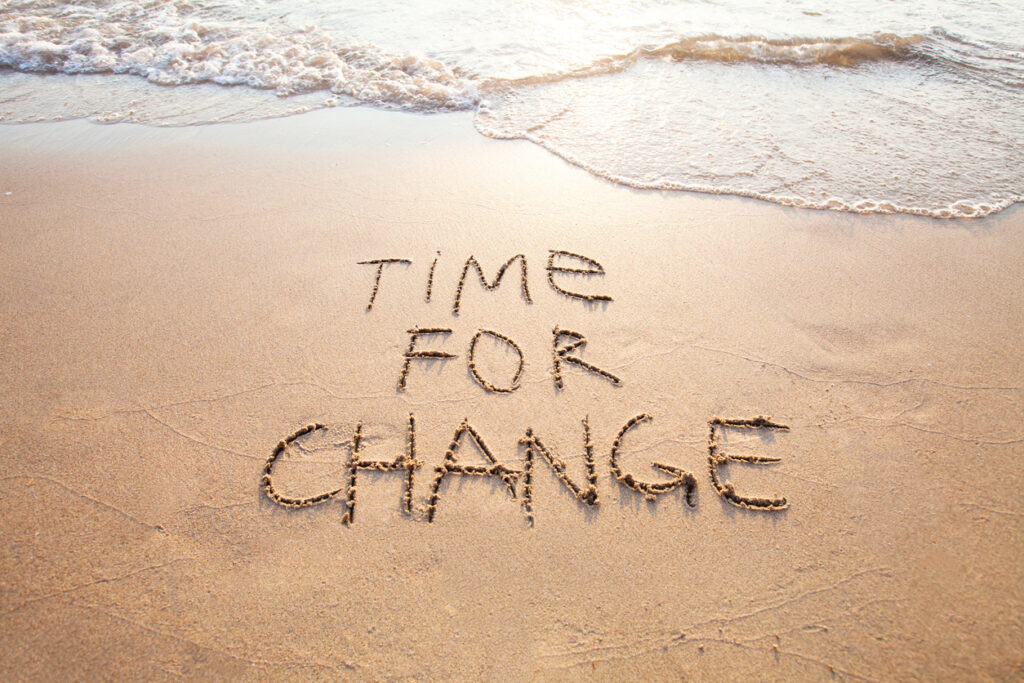So many people find themselves caught in a vicious cycle when it comes to self-destructive behaviours or habits. So often people revert to default positions even when they know something isn’t good for them. More often than not they make a change for a day or so, even possibly a week. But then they find themselves back in the same cycle. Repeating behaviours that they don’t like and beating themselves up in the process.

There are lots of self-destructive habits, many of which can become addictive and compulsive. The following is a list of some of the things that people can turn to at times of stress which they then in turn use habitually. These examples are of things that ultimately aren’t good for people – especially when used to excess.
- Smoking
- Excessive and/or daily use of alcohol
- Excessive Caffeine
- Overeating / binge eating
- Working extreme hours
- Drugs
- Exercising to excess
- Sexually acting out
These are just some of the things that individuals find themselves learning on in times of stress of strain. Perhaps they then do them so often that they become the norm and then they find themselves simply pouring that wine out of habit or checking those work e mails in the middle of the night – simply because that’s what they ‘always do’.

We all understand and can logically tell ourselves that everything in moderation is ok. We know that we will feel so much better if we eat moderately or drink alcohol at a reasonable rate. Yet so often people find themselves doing things to excess. It can soon become so easy and habitual to numb yourself with drink, cigarettes, food, or sex for example. Before people even realise it, they are in a destructive cycle, simply doing things because they have always done them.
The big challenge and question are how to make a change.
We know and understand that change isn’t easy. It doesn’t happen overnight, and it requires a lot of hard work and effort. It goes without saying that different types of therapy and coaching can help people to make active positive change in their life. But there are also other thigs that will and can help.

If you press pause for a moment in your life you will have the time and space to think about how you feel. It is always useful to reflect and process. So often people are caught up in the speed of life. Pushing everything to the limit and never slowing down. But if you’re always rushing, how will you ever be able to take good quality care of yourself? So as difficult as it is try to carve some time out. To simply stop and reflect. Then you can truly evaluate what in your life is working well for you, and what in your life is causing you distress or unhappiness. You will be able to see what negative habits you are caught up in, as well as what routines serve you and make you feel better.
Once you have identified the areas that you want to work on you can set yourself come goals. These can be related to making active positive changes. For example, the decision to stop smoking or to exercise more. Maybe the decision to eat 3 meals and 3 snacks and focus on moderation. Whatever the outcome may be. You then need to think about how you are going to get there and make these sustainable changes happen.

Here are some suggestions as to how you can help yourself –
- Identify the key areas that you would like to change
- Write them down in a journal – evaluate and explore all of the negative things that these behaviours bring to your life
- Write your feelings down so that you can look back and be motivated by them. If something is pulling you down significantly, then it can be useful to look back and be reminded of it
- Practice general good self-care. This can mean carving out a routine that includes a decent bedtime and wake time. One that comes away from screens and gets outside for a walk. One that makes you feel physically and psychologically better In yourself
- Identify your key goals. List them. What are you planning on changing? What are you planning on working towards?
- Talk to your friends and family – try not to isolate. Having support during a time of transition is key.
- Remind yourself that you’re not alone. If it helps seek out forums and groups where others are making the same changes. Otherwise keep up with your network.
- Seek counselling if you can – therapy can make a massive difference
- If counselling doesn’t suit or work for you then try an alternative type of therapy or look towards trying coaching. Whichever direction you go in with professional support the key is that the relationship works and that it helps you to make the changes you need too.
- Speak to your doctor if you feel you need medication
- Try and find different coping strategies. I often talk to clients about distraction and diversion techniques. As you are effectively putting down one type of behaviour you will also need to think about replacing it for now. Choose things that are good for you, that empower you and make you feel better/calmer.
- Introduce some calmer behaviours into your week in general – such as yoga, reading, meditation etc
- Make a list of steps that you can take to start making positive changes. Work through the list bit by bit. Taking everything one step at a time.
- Make yourself a priority
- Treat yourself as you would your best friend
- Be kind to yourself
- Remember what you are worth
Making changes is never easy. We know that to break habits we have to repeat the new behaviours daily until that becomes our new norm. It can take some time and it requires a lot of effort, and commitment. There will be times when it feels unmanageable and too much. It then becomes very easy to fall back into old routines. This is then the above list applies even more. They key is to keep moving forward. To keep making changes and to keep focused on a more positive and fulfilling way of being. The key is to implement changes that last, and to break those self-destructive cycles once and for all. Remember you can do this. You will do this.
